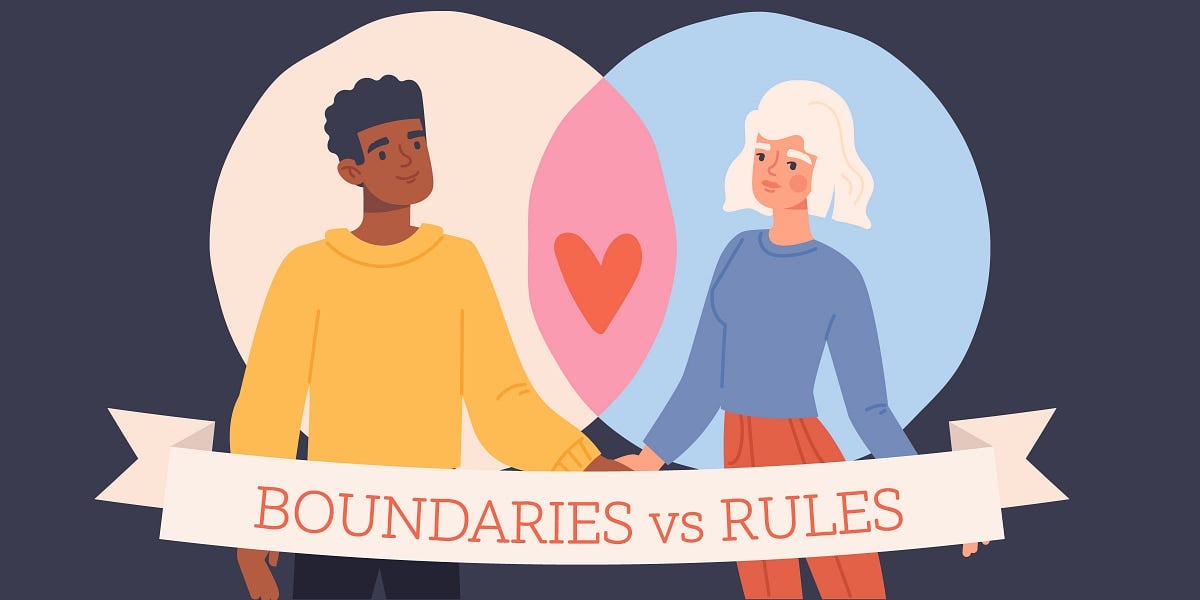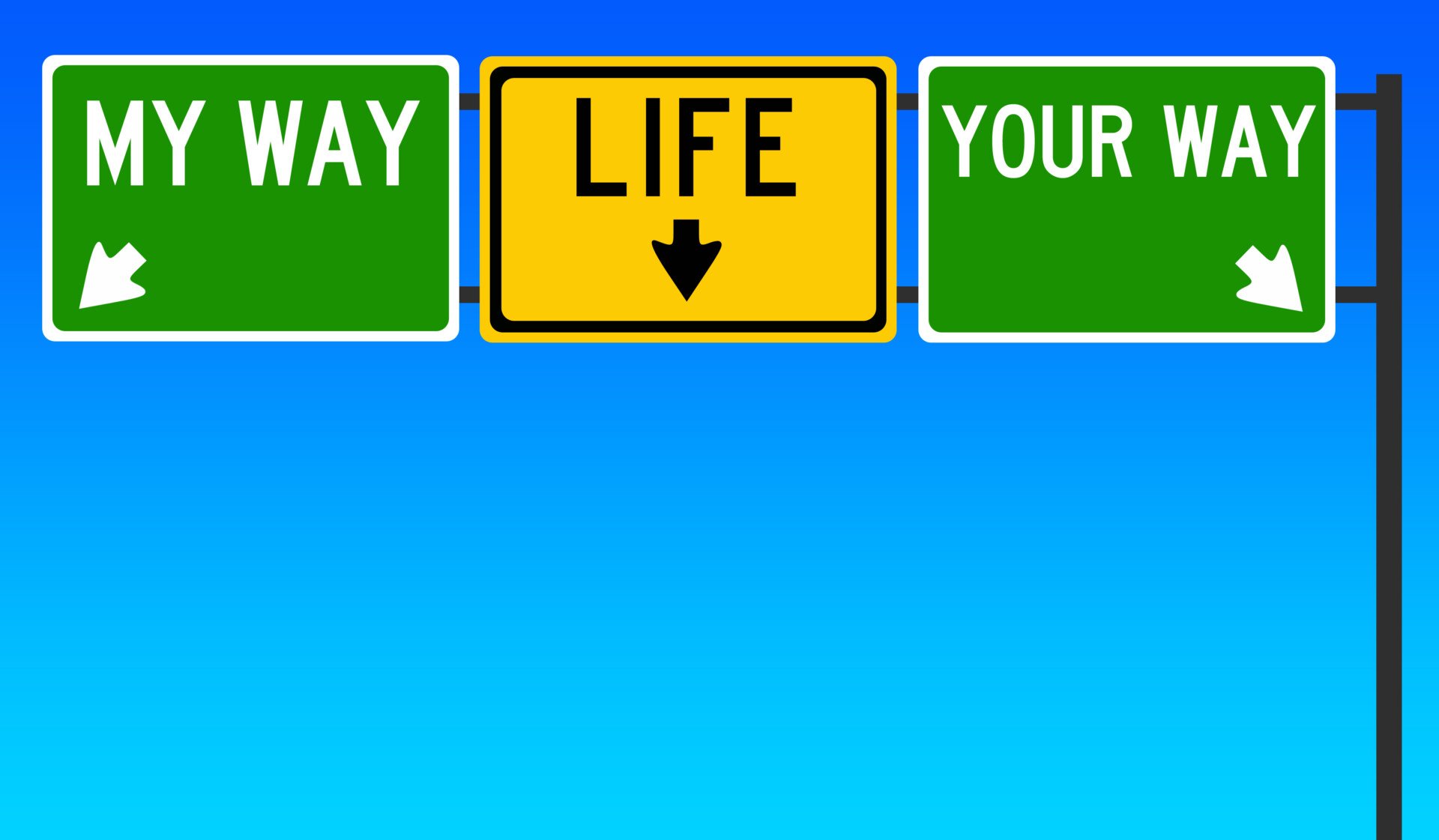Boundaries are the standards by which you allow yourself to be treated, while expectations are what you think others should do to suit your needs.
Boundaries are the standards you set for yourself and are not about the other person. For example, “I want to be treated with respect” or “I won’t date someone who earns less than me.”
Expectations live in the realm of “should” and are based on your upbringing, desires, personality, etc. For example, “I expect my partner always to be available when I need emotional support.”
While these aren’t necessarily unreasonable, having expectations of other people can lead to disappointment and anger that’s then directed at the other person for not meeting your expectations.
So rather than expecting the other person to meet your standards, you’re taking responsibility for your standards and don’t accept anything less. You have an expectation of yourself rather than the other person.
For example, I expect myself to be compassionate and understanding towards myself and I expect myself to walk away if someone is disrespectful towards me.
So, if someone disrespects me, I move on rather than dwell on the fact that they “should” be respectful.
Boundaries and expectations are similar, but they come from different perspectives and motivations and result in different outcomes.
Expectations
Expectations, on the other hand, are the standards or beliefs we have about how a relationship should function and how our partner should behave.
Expectations are often based on our individual needs, desires, and past experiences.
They can be realistic or unrealistic, and when not communicated effectively, they can lead to misunderstandings and disappointment.
Examples of expectations include:
- Others are responsible for meeting my needs (i.e., they should meet my needs).
- The focus is on the other person and what they’re doing or not doing.
- They reflect your desires rather than reality, e.g., you desire emotional closeness even though that’s not the reality of your relationship.
- The aim is to have your needs met by attempting to control the other person’s behavior.
- You can only expect what the other person already gives or is willing to give. Therefore, they have to be realistic and based on facts, e.g., expecting someone to call you every day after work only makes sense if they’ve been doing that already.
- Unmet expectations often lead to disappointment and anger and can damage relationships.
Boundaries
Boundaries are the limits and rules we set for ourselves about what we will and will not accept in a relationship.
They are about self-care, personal values, and the treatment we are willing to tolerate from others. Boundaries are essential for maintaining our sense of identity, autonomy, and emotional well-being within a relationship.
- You’re responsible for making sure your needs are met, so if your boundaries are crossed, you’re also responsible for taking action.
- The focus is on you and what you want and don’t want (regardless of the other person).
- They give you control as you’re not relying on others to meet your needs.
- They create freedom of choice (more of a “take it or leave it” approach).
- If someone doesn’t meet your standards (boundaries), you can let them go without anger, as it’s easier to accept that maybe you’re not compatible and better off going separate ways.
- They’re essential to your personal and relational well-being.
Summary
Boundaries protect your well-being and safety and give you a sense of control and choice. Expectations are idealistic and often vague and rely on the other person to do what you desire.
Therefore, if not managed properly, expectations can leave you feeling powerless and at the mercy of others.
So, while it’s normal to have expectations (everyone has them), try to shift your focus away from “should” and more towards “What do I want?” and “What will I tolerate/not tolerate?”.
Generally, it’s always good to hope for the best but keep your expectations low – that way, you minimize your chances of feeling disappointed.








